
A missed payment sends a significant warning to both credit bureaus and lenders, often indicating that you may be facing financial difficulties. This alert can suggest potential future payment issues, leading lenders to be cautious about extending further credit. Consequently, your credit report may reflect these warnings, signalling to other lenders that you might struggle to keep up with payments in the future.
Key Takeaways
- Immediate Action Can Reduce Impact: Missing a payment can negatively affect your credit score and may indicate financial strain to lenders. Acting quickly by contacting your lender and arranging a solution can help you manage missed payments and minimise further consequences.
- Flexible Repayment Options Are Available: South African lenders may offer structured payment plans, payment freezes, or interest freezes to borrowers facing financial hardship. Discussing these options with your lender demonstrates responsibility and can provide temporary relief while you work to catch up.
- Proactive Measures to Stay Current: Setting up automatic payments, exploring additional income sources, and consulting a debt counsellor are practical steps to prevent future missed payments and improve financial stability over time.
About Arcadia Finance
With Arcadia Finance, getting a loan is effortless and worry-free. Access 19 compliant and reputable lenders, skip the application fees, and experience a streamlined process designed to meet your financial needs, all in full compliance with South African regulations.
What Happens When You Miss a Payment?
A payment is considered missed when the correct amount hasn’t been paid by the agreed due date or if there were insufficient funds for a scheduled debit order. This due date is typically indicated on your account statement and may have been specifically arranged with your lender. For instance, your credit card bill may be due by the 25th of each month, while your personal loan payment might only be due on the 1st, depending on your cash flow.
In either case, a missed payment will prompt the lender to notify the credit bureaus that a payment has been missed. This notification serves to alert other potential creditors that you may pose a credit risk.
Such a flag will also affect your credit score, which reflects your creditworthiness. A high score generally allows access to loans at better rates, as lenders are more confident in your ability to repay. While it’s difficult to specify exactly how many points your credit score might decrease after missing a payment, you can expect it to drop significantly as a result.
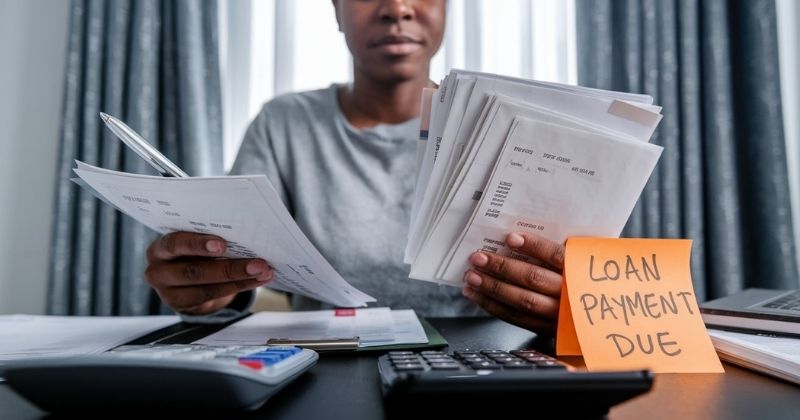
Steps to Take After Missing a Loan Payment
If you’ve missed a loan payment, taking prompt action can help minimise its impact.
- Start by contacting your lender immediately to inform them of the missed payment and discuss potential options. Proactively reaching out can reflect positively on your situation and may lead to a workable plan to cover the overdue amount. Most lenders provide contact details under sections like “Contact Us” or “Customer Support” on their websites.
- If possible, make the payment as soon as you can to avoid further consequences on your credit record. Be aware that a missed payment might incur fees, and many lenders will notify you about these charges directly.
- To prevent future missed payments, consider setting up automatic payments or arranging payment reminders. This can provide peace of mind, ensuring that your obligations are met without the need for constant oversight.
- If you’re struggling with payments, discuss a formal payment plan with your lender. This shows your commitment to repaying what you owe. While this may not prevent credit bureaus from recording missed payments, a structured plan can offer temporary relief while you work to restore your finances and maintain a healthier credit score over time.
Learning about things not to use a personal loan for is critical to avoiding unnecessary financial burdens that can disrupt your debt management strategy.

7 Ways to Catch Up on Your Loan Payments
For South Africans facing overdue loan payments, taking action sooner rather than later is crucial to preventing long-term financial consequences. Here are specific strategies that can help borrowers catch up on loan payments, along with local insights and resources available to assist in regaining control of finances:
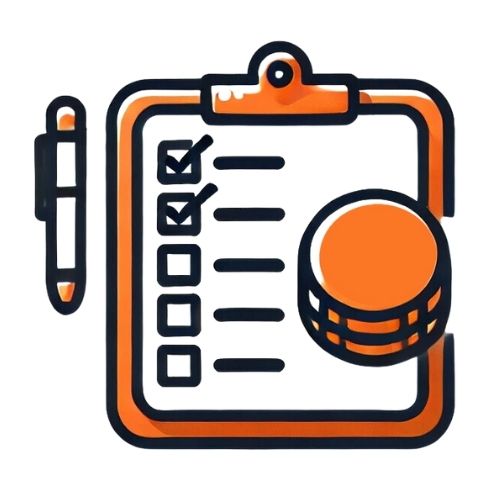
Create a Budget and Prioritise Loan Repayments
Start by examining your income and essential living expenses, such as rent, transport, groceries, and utilities. South Africans often encounter fluctuating costs, especially for electricity due to load-shedding. When creating your budget, factor in these variations to form a realistic plan. Once you know how much you can allocate to overdue payments, prioritise loans with higher interest rates or those with immediate deadlines to minimise additional costs. Many South African financial institutions, such as FNB and Nedbank, offer budgeting tools within their mobile apps to help track and organise finances.

Negotiate a Payment Plan with Your Lender
Many South African lenders are willing to arrange structured payment plans for customers facing temporary financial strain. Approach your bank or lender (such as Capitec, Absa, or African Bank) to discuss options for spreading overdue payments over several months. This can reduce your monthly financial burden and demonstrate your commitment to repayment, which may improve your relationship with the lender and mitigate credit score impacts. If you’re unsure how to initiate the conversation, consider asking to speak with the lender’s financial assistance or customer care team, as they are often equipped to handle repayment adjustment requests.
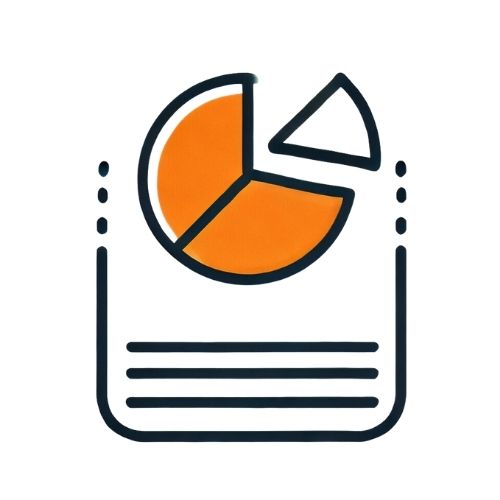
Consider Making a Partial Payment
Making a partial payment, even if it’s less than the full overdue amount, can sometimes delay penalties and show goodwill to the lender. Many South African lenders, especially smaller credit providers, may be open to working with borrowers who consistently make efforts, even if full payment isn’t feasible. This approach could help prevent the accumulation of interest or late fees, reducing the total you owe over time.
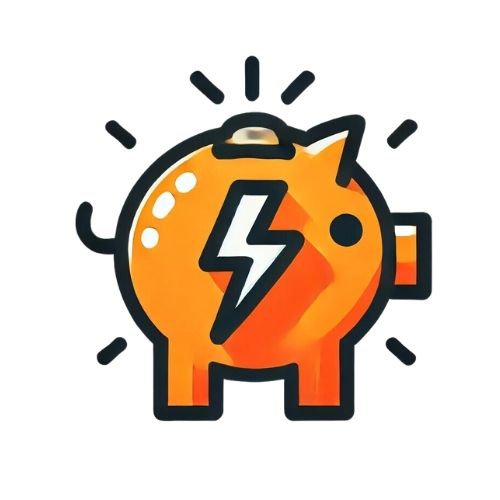
Use Emergency Savings if Available
Accessing emergency savings may feel daunting, but it can be a wise decision to prevent further financial strain. In South Africa, many people use stokvels or savings clubs to build financial reserves. If you participate in a stokvel, consider using a portion of your share to catch up on overdue loan payments. Addressing the debt now could help you avoid larger financial consequences, such as accumulating interest or credit score impacts, that may lead to greater financial stress later.
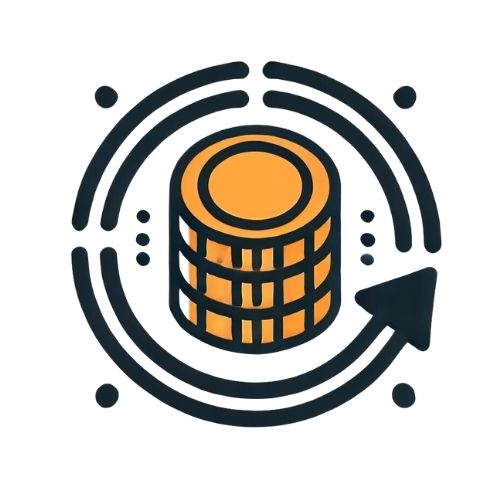
Set Up Automatic Payments or Reminders
South African banks offer various ways to automate payments or set reminders. Most major banks, including Standard Bank and Nedbank, provide options for setting up debit orders or scheduled payments through online or mobile banking, helping you keep up with regular payments without needing to manually track every due date. Additionally, mobile apps and digital wallets, like SnapScan and 22seven, allow you to set reminders for loan payments, helping you avoid future missed payments.

Explore Additional Income Opportunities
Finding ways to generate extra income can be beneficial if you’re struggling to keep up with payments. Consider short-term or flexible work, such as freelancing or selling products online through platforms like Gumtree, OLX, or Facebook Marketplace. In South Africa, part-time options, such as ride-hailing (e.g., Uber or Bolt) or food delivery services, are common choices for supplementing income. Any additional earnings can be applied directly to outstanding loan payments, helping you catch up faster and reduce the risk of long-term financial setbacks.

Seek Advice from a Financial Counsellor or Debt Counsellor
For those facing significant debt challenges, consulting a financial or debt counsellor may provide essential guidance. South Africa has accredited debt counsellors through the National Credit Regulator (NCR) who are trained to assist individuals struggling with debt. Debt counselling can help you consolidate or restructure debt under a court-approved repayment plan, potentially lowering monthly payments and offering legal protection from creditor harassment. This approach can be particularly useful if you’re dealing with multiple loans and need a structured solution to regain financial stability.
Struggling to manage multiple loan payments every month? Debt consolidation could be a game-changer, but it comes with its own set of advantages and disadvantages.
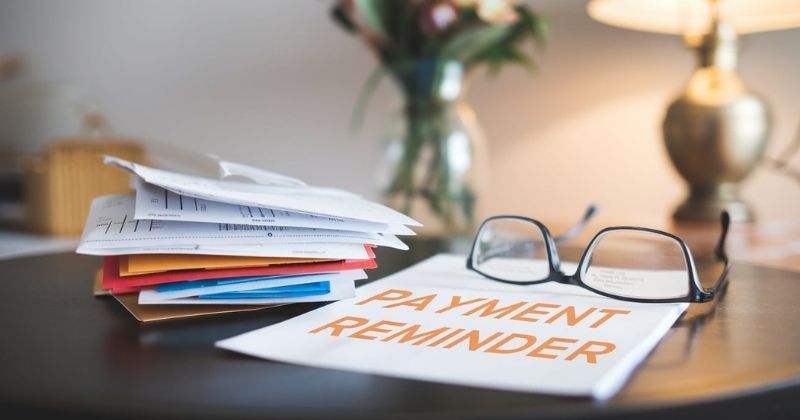
Freezing Your Loan Payments
It’s often wise to have a conversation with your lender to fully understand the possible options available. In some cases, you may be able to pause your loan payments or even the accruing interest temporarily. This approach can provide immediate relief while you manage other financial priorities.
Payment Freezes or Payment Holidays
Lenders may offer a payment holiday, also known as a payment freeze. This arrangement allows you to pause your payments for a set period, such as a few months, giving you a window to regain financial stability. However, it’s essential to clarify whether the lender can pause the interest during this time. Ask for the total repayment amount required once the payment holiday concludes to avoid any surprises.
Freezing Interest on Loan Payments
In certain situations, your lender may agree to freeze the interest on your loan for a specific timeframe. This means you’d continue making principal payments, but the interest would be temporarily paused. This arrangement can reduce the overall cost of the loan, depending on how long the interest freeze lasts.
While freezing interest generally doesn’t affect your credit score, any missed or defaulted payments can harm your credit standing. These missed payments can remain on your credit record for approximately six years. Therefore, it’s crucial to stay proactive in managing your loan obligations and maintain open communication with your lender to explore all available options for relief.
Conclusion
Falling behind on loan payments can have both immediate and long-term effects on your credit profile and financial stability. However, several strategies can assist you in recovering. Proactively contacting your lender, considering options like payment plans or interest freezes, and developing consistent payment habits can help you regain control of your finances.
Frequently Asked Questions
The first step is to contact your lender as soon as possible. Reaching out to their customer service team allows you to discuss your options, such as a payment plan or fee waivers, and demonstrates your proactive approach to addressing the missed payment. Acting quickly can help reduce potential impacts on your credit record and prevent further late fees.
Yes, a missed payment can lower your credit score, particularly if it remains unpaid for more than 30 days. Lenders typically report missed payments to credit bureaus, which can affect your credit report for up to six years. Making payments on time or arranging a plan with your lender promptly can help mitigate long-term damage to your credit score.
Some lenders may offer a temporary payment freeze, also known as a payment holiday, if you’re experiencing financial difficulties. This option allows you to pause payments for a specific period, usually a few months, while you work to stabilise your finances. However, be aware that if interest continues to accrue during the freeze, it could increase the overall cost of your loan.
Yes, setting up automatic payments or payment reminders can be very helpful in keeping track of your loan obligations. Most banks and lenders offer options for automatic debits or payment reminders through online or mobile banking. This ensures that payments are made on time, reducing the risk of missed payments affecting your credit score.
Yes, debt counselling is an option for South Africans who are struggling to manage multiple debts. Accredited debt counsellors registered with the National Credit Regulator (NCR) can assist you in consolidating or restructuring your debts under a formal repayment plan. This approach can make monthly payments more manageable and protect you from creditor harassment while you work towards settling your debts.
Fast, uncomplicated, and trustworthy loan comparisons
At Arcadia Finance, you can compare loan offers from multiple lenders with no obligation and free of charge. Get a clear overview of your options and choose the best deal for you.
Fill out our form today to easily compare interest rates from 19 banks and find the right loan for you.

